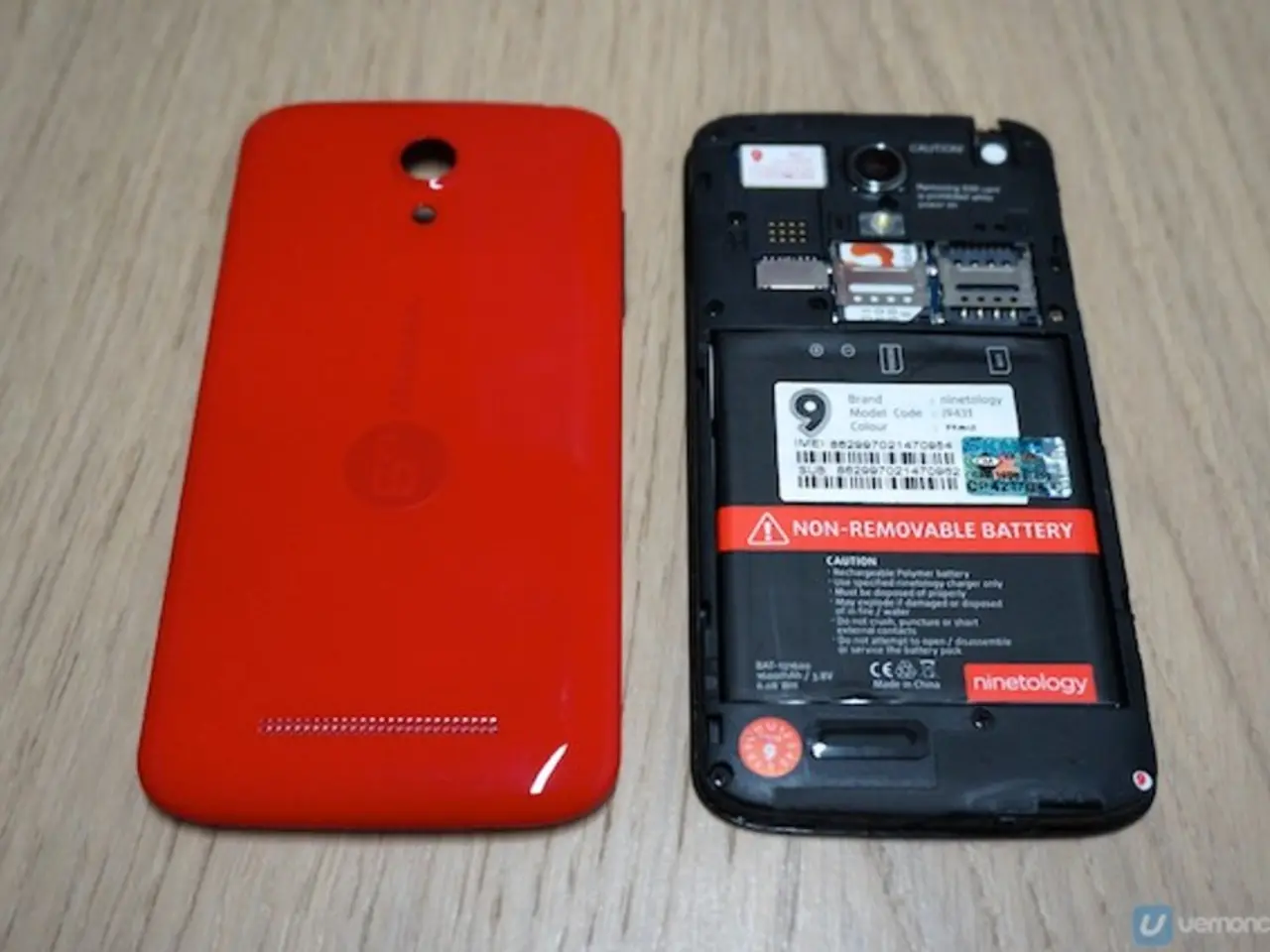Implications When Power Failure Occurs (Blackout Ensues)
In today's world, homeowners are increasingly turning to renewable energy sources to power their homes. One such solution is the combination of solar panels and battery storage, offering a reliable and eco-friendly energy solution.
Solar panels, when installed, allow homeowners to harness the power of the sun and convert it into electricity. However, with the introduction of battery storage, excess electricity generated during sunny periods can be stored for later use, particularly during power outages.
This system works in a simple yet effective manner. During sunny periods, solar panels produce electricity. If this power is not immediately used by the home, the excess energy charges the battery storage system instead of feeding it back to the grid.
When the grid is functioning normally, the system can operate in grid-tied mode: the home uses solar power first, then grid power as needed, and excess solar energy can get credited via net metering. However, in the event of a grid failure or blackout, a standard grid-tied solar system without batteries automatically shuts down to protect utility workers.
However, with a battery backup system integrated, the inverter detects the grid failure and isolates the home’s electrical system ("islanding") from the grid, allowing the battery to supply power and keep critical appliances running even though the grid is down. The stored energy in the battery can power a whole home or just essential loads depending on the system design and battery capacity.
Modern scalable battery systems can provide backup for critical loads or the entire home, ensuring energy independence during outages. When the sun returns, solar panels recharge the batteries, replenishing the backup reserve for future use.
This combination of solar panels and battery storage offers several benefits. First and foremost, it provides a continuous power supply regardless of grid status, making your solar system a reliable 24/7 energy source. This increased resilience against outages is a significant advantage, especially in areas prone to storms or power outages.
Furthermore, solar energy systems with battery storage eliminate the need for fuel costs and refueling during outages, making them a cost-effective solution in the long run. They also help reduce carbon footprint by utilizing the sun as a free and renewable resource.
Companies like 8MSolar are dedicated to helping design and install solar energy systems with battery storage to keep homes powered during outages. By choosing a solar panel system with battery storage, homeowners can take a significant step towards energy independence and sustainability.
In conclusion, the integration of battery storage with solar panels offers a reliable and eco-friendly solution for homeowners. By storing excess energy generated during the day, homeowners can ensure a continuous power supply, reduce their carbon footprint, and increase their resilience against power outages.
- The combination of solar panels and battery storage provides a homeowner with a reliable 24/7 energy source, producing electricity during daylight and supplying stored energy at night or during power outages.
- When the solar panel system produces more electricity than what is needed at home, the excess power charges the battery storage system, ensuring that there is backup energy available for later use.
- The solar system, coupled with battery storage, offers energy independence by providing a continuous power supply during grid failures, blackouts, or outages.
- Battery storage in a solar system eliminates the need for fuel costs and refueling during emergencies, making the system a cost-effective long-term solution.
- By using a solar energy system with battery storage, homeowners can facilitate sustainable living and minimize their carbon footprint by utilizing renewable energy sources.
- Companies specializing in solar installation, like 8MSolar, assist homeowners in designing and implementing solar energy systems with battery storage to achieve energy independence and sustainability.
- With the incorporation of battery backup systems, the integrated solar system offers more resilience against power outages, especially in areas prone to severe weather conditions.
- Net metering allows excess solar energy generated by residential solar systems to be credited to the homeowners, reducing electricity bills and increasing the overall cost-effectiveness of the system.
- Modern scalable battery systems for solar energy storage can support critical loads or the entire home during outages, promoting complete energy independence.
- As we prioritize science, finance, and technology, investing in solar energy systems with battery storage is an essential step toward a sustainable and independent future.




